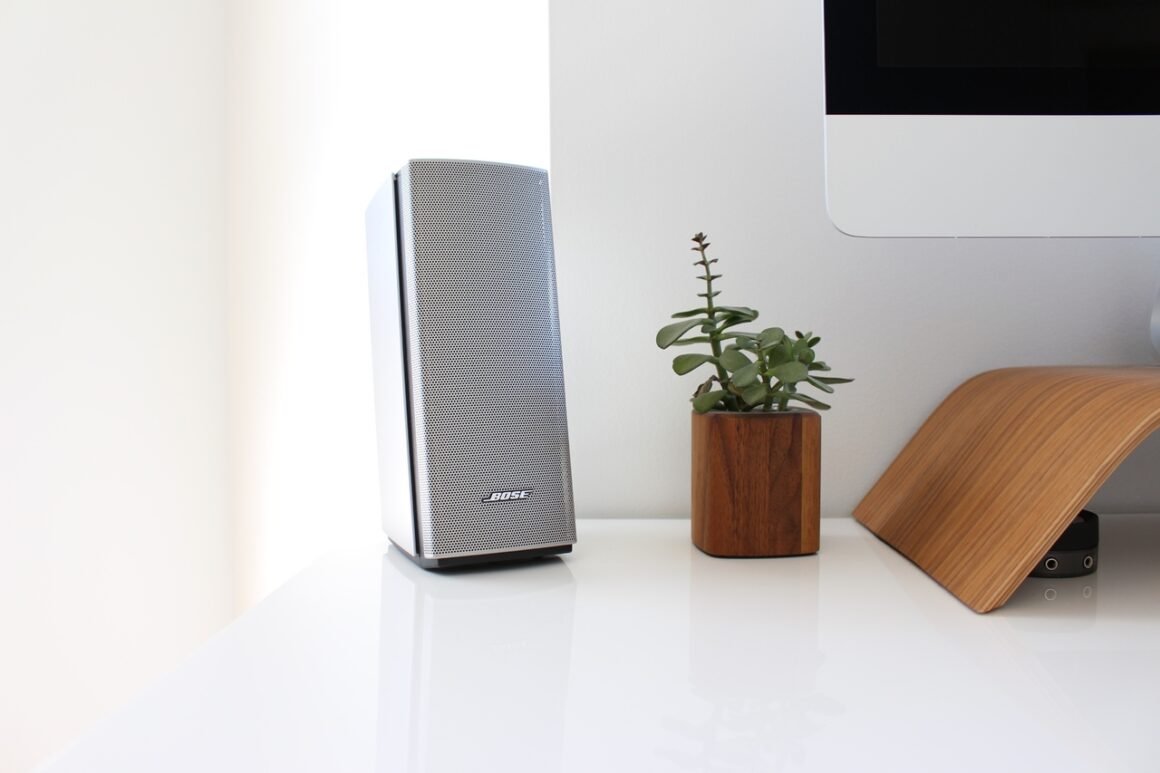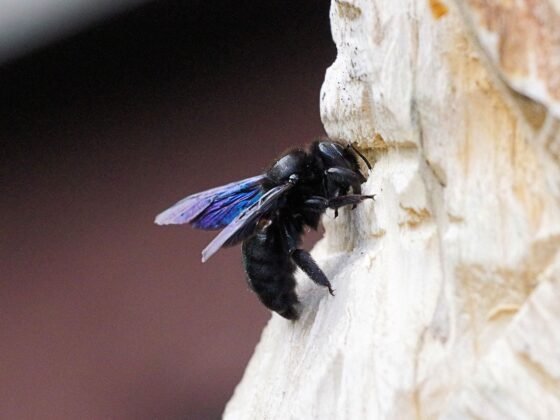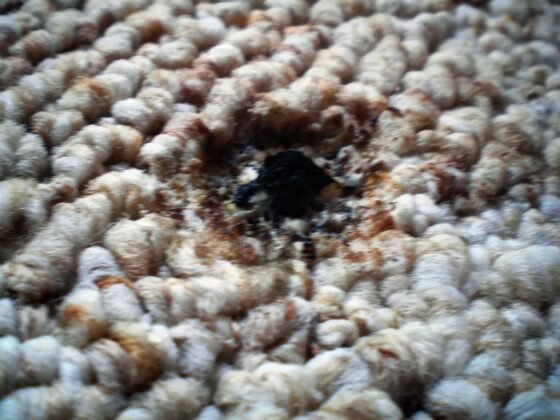Table of Contents Show
Like most of us, you are also probably worried about getting sick from dirty air, which is why you might be looking for the best air purifier bacteria and viruses.
Nowadays, it’s not just pollution that’s running rampant but also sickness-causing viruses.

All of us are at risk but people with a weaker immune system, such as allergy sufferers, people with asthma, kids, and the elderly, have a higher chance of getting sick.
That’s why it is important to keep your indoor air clean. We can’t see viruses so we don’t know where they are.
By having the best air purifier for viruses, you’ll target them easily thanks to the air filters within the unit.
Not only that, the air purifier will clean up other pollution in the house, such as pet dander, dust, pollen, smoke, bad odors, mold, and the like.
What is the best air purifier for viruses?
If you are looking for the best air purifier for viruses, here are the different types to choose from:
1. Home air purifiers
A home air purifier is usually sized for areas around 100 to 800 square feet. They usually have a sleek design and most of them have a smart sensor that automatically changes the fan speed depending on the air quality.
The majority of them use HEPA filters, which can capture up to 99.97% of particles as small as 0.3 microns.
They also have other filter types, such as activated carbon, which will eliminate bad odor from the kitchen that usually comes from mold and smoke.
There are also air purifiers that have UV lamps that can kill bacteria and viruses, as well as units that have an optional ionizer feature for further air cleaning.
Many of these units have a night mode, which is useful so you don’t have to constantly lower the speed and dim the control panel lights when you fall asleep.
They also tend to have a filter change indicator so you don’t have to always check the filter by opening the unit.
Changing the filter is one important task that you should perform regularly to keep the air purifier running efficiently.
Read Also:
2. Portable air purifiers
Portable air purifiers are small and are meant for small spaces, such as a desk, an office cubicle, or personal use.
The smallest ones can be hung around your neck so your breathing space gets purified while the slightly bigger ones can be placed on a work desk or study table.
They are also ideal for those people who live in apartments or condo units.
Keep in mind that not all portable air purifiers have a HEPA filter so you should ask carefully. Nonetheless, they all do the same job – clean the air from most pollutants such as dust, pollen, pet dander, smoke, and the like.
3. Whole-house air purifiers
If your entire home is badly polluted, you will need a whole-house air purifier, which can cover more than 1,000 square feet.
They are also on the expensive side but when placed strategically, they will work for filtering the entire house.
A whole-house air purifier is the best choice if you live in a community where industrial dust is common or if you live near a highway with heavy traffic.
It is also a more decent choice for homes with many people who suffer from allergies and asthma.
4. Multi-purpose air purifiers
A multi-purpose air purifier has an extra feature aside from cleaning the air. For instance, it can have a blower fan for the summer and/or a space heater for the winter, having different functions.
Such air purifiers are common from the Dyson brand (their designs are also space-saving and sleek for most homes).
Some air purifiers may also have a humidity controller aside from purifying the air. This is ideal for homes that are prone to mold problems since mold often lives in highly humid areas.
5. Medical-grade air purifiers
For clinics and hospitals, an air purifier with a medical-grade filter is the best choice.
Look for an air purifier that uses H13 HEPA (medical-grade), which can clean as small as 0.1 microns of particles. This means it is more efficient in cleaning the air versus a standard HEPA filter.
Although medical-grade air purifiers are slightly pricier than standard ones, they will help keep the air clean much faster and in a much more refined way.
After all, a hospital or any medical facility requires a lot of attention when it comes to sanitation.
People come and go and we don’t know who is harboring viruses and the like, so it’s best to keep the area safe with an air purifier.
Moreover, most cities require hospitals to have an air purifier.
How to choose the best air purifier for viruses
If you don’t know what criteria to look for, here’s how to choose the best air purifier:
- True HEPA filter (H13 is preferred)
- Activated carbon filter for bad smells
- Automatic mode with a sensor
- Room size rating for your needs
- Night mode or eco mode
- Different fan speeds
- Filter change indicator
- UV lamp (optional)
- Ionizer (optional)
When choosing an air purifier for your needs, you have to consider if the unit is okay for your room size and if it is easy to operate.
We recommend that you read – https://verywellhome.com/best-air-purifier-for-smoke/
Why do I need an air purifier for viruses?
Air purifiers trap allergens in the air, which may include viruses, bacteria, and other smaller particles.
If these particles are trapped, you have less chance of catching sickness, which means a healthier home or work/office setting.
Air purifiers are also ideal for homes with pets, kids, elderly people, and allergy sufferers. For more information read this blog
Conclusion
Times are hard today and that’s why you’ll need all the protection that you can get.
By having the best air purifier for viruses at home (or in an office), you are shielding yourself and your loved ones, co-workers, and the like from harm.
We hope that this article helped you choose the right air purifier for your needs!










